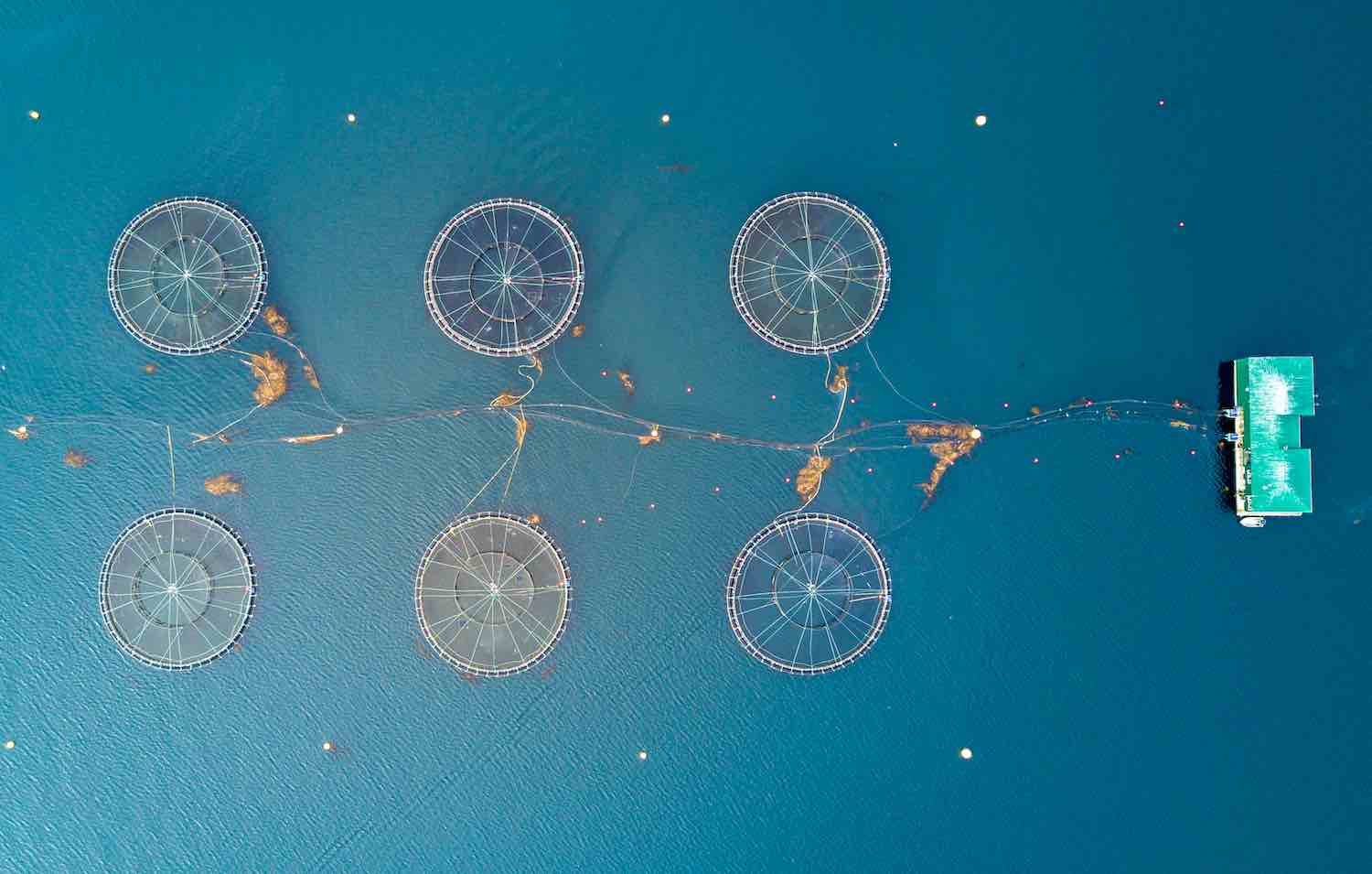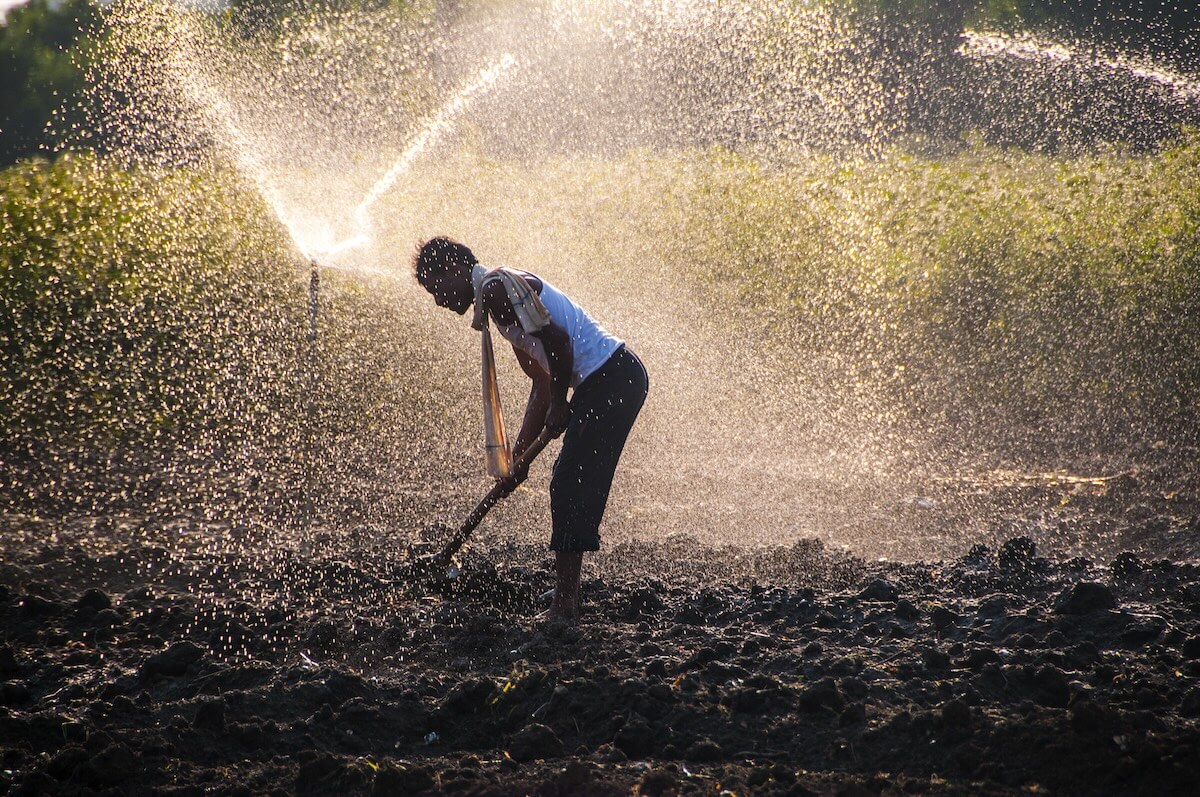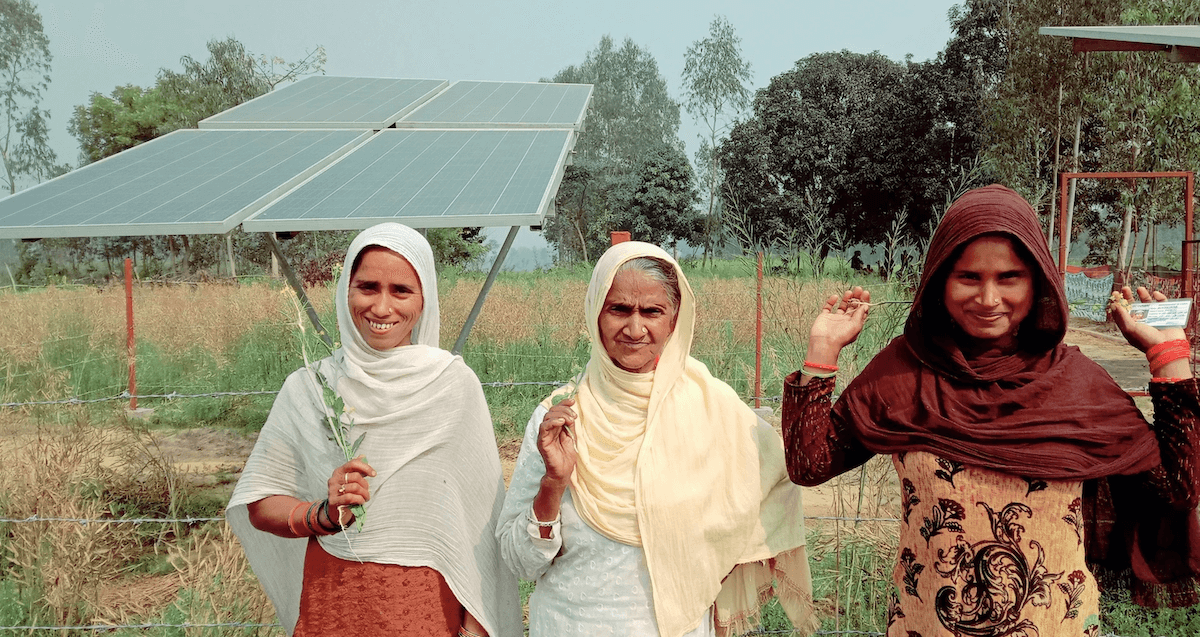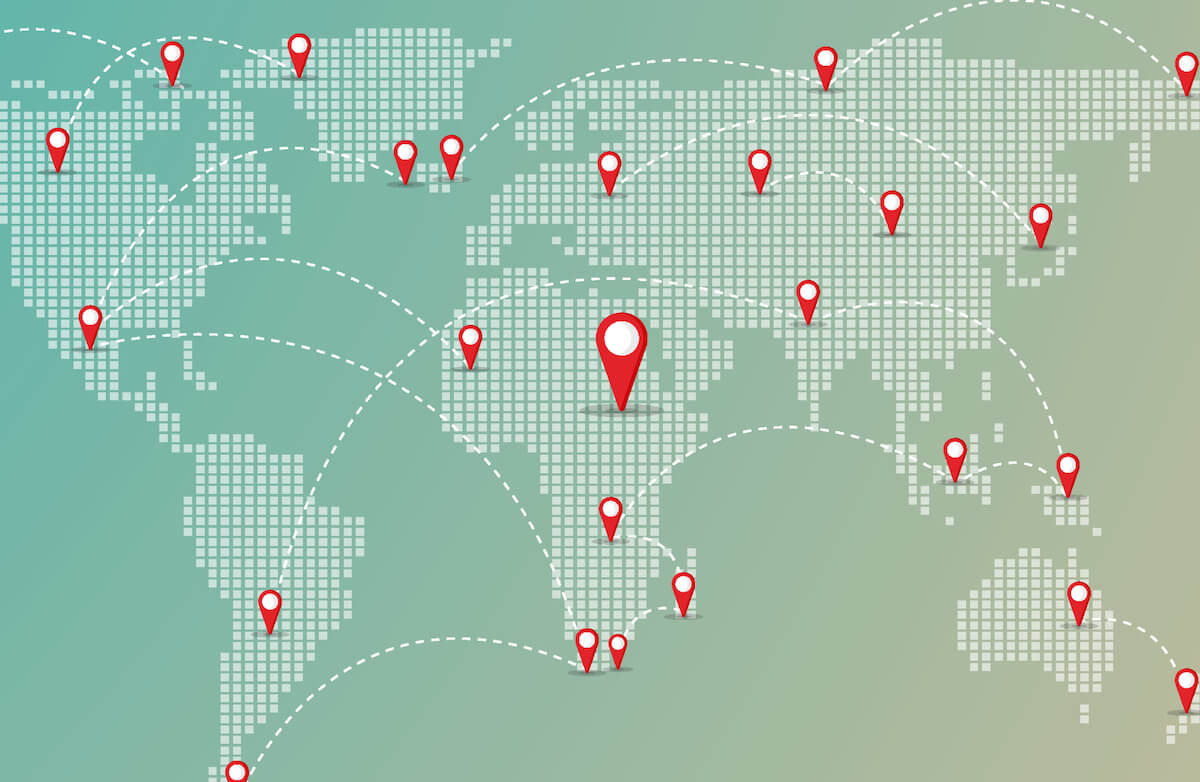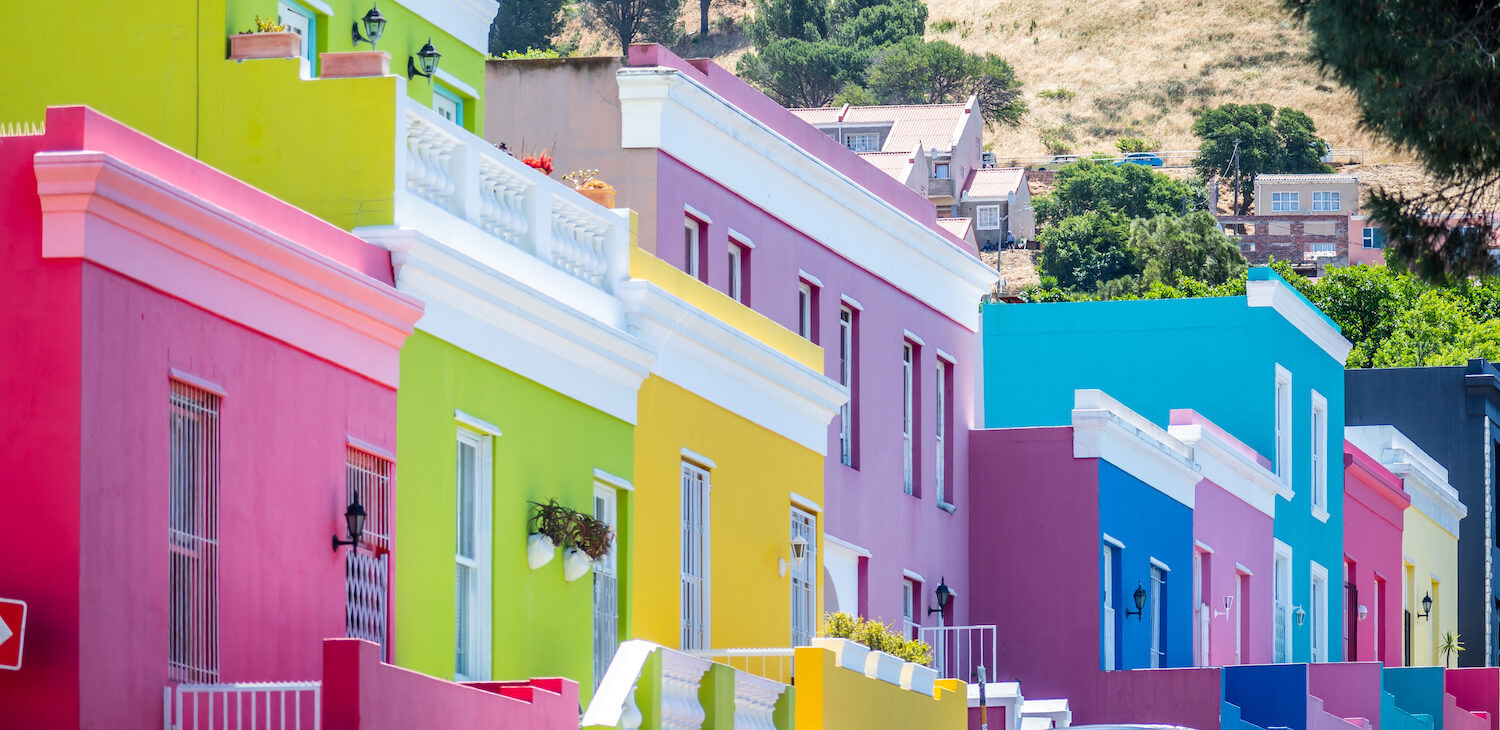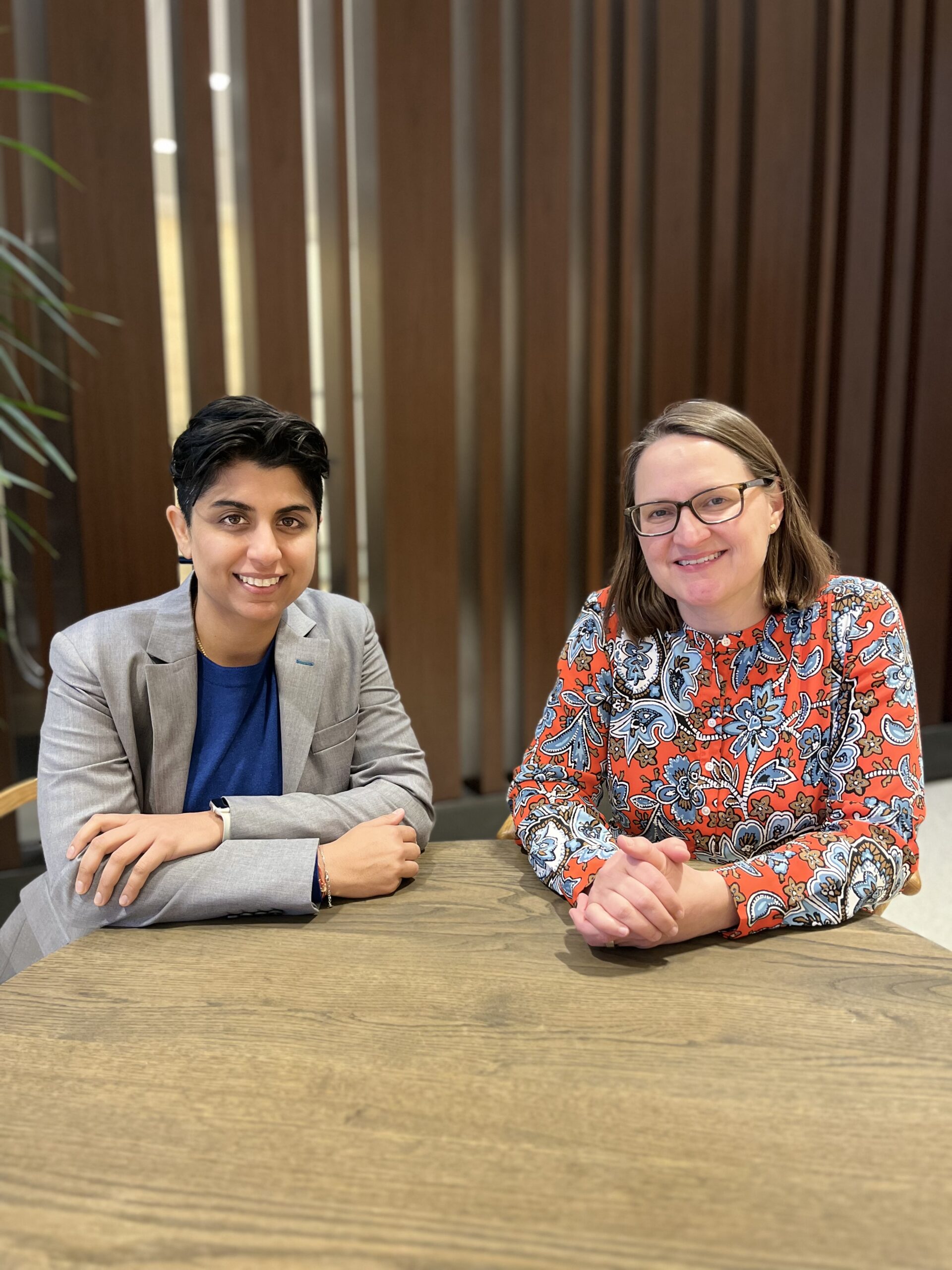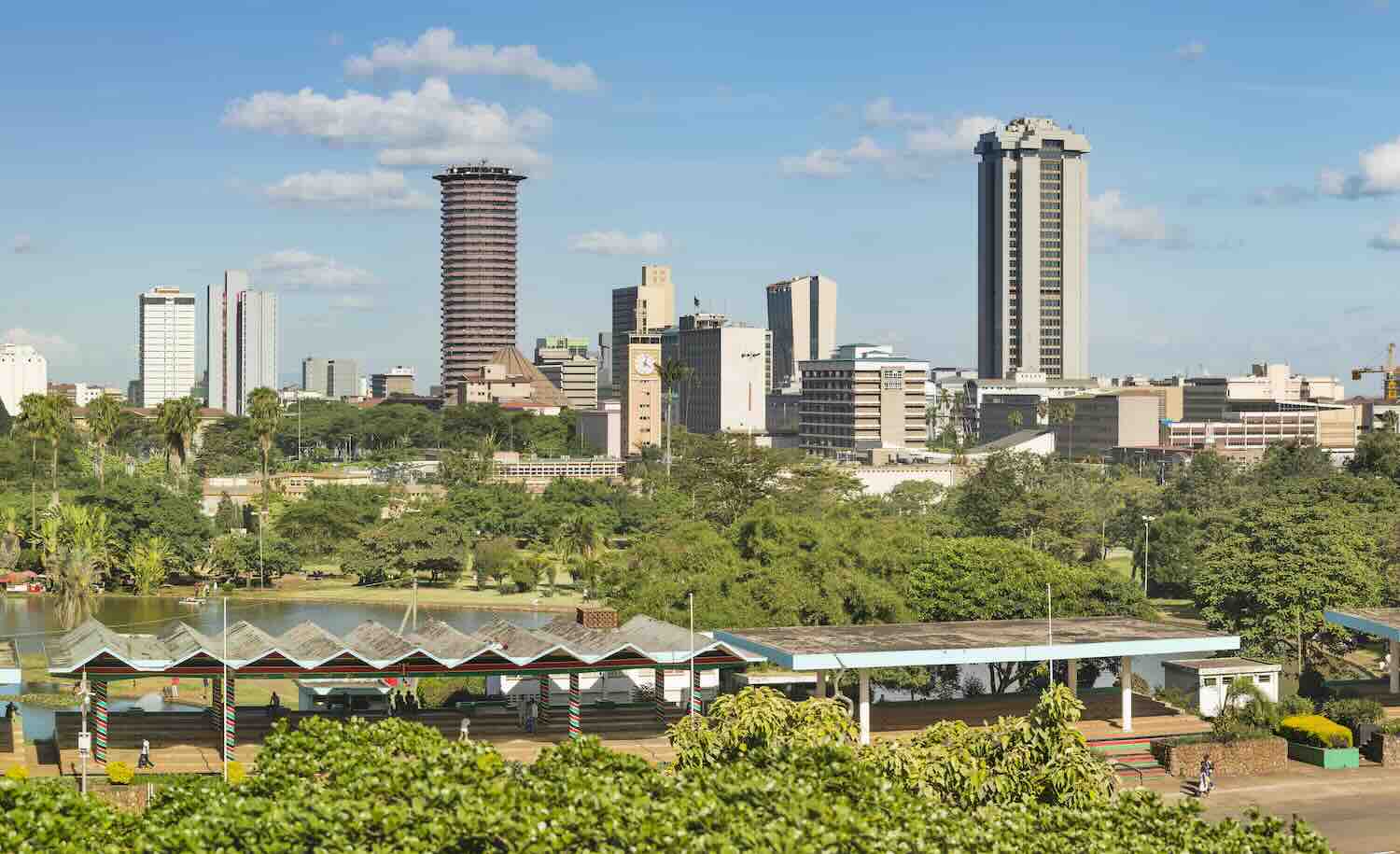ImpactAlpha, July 29 – Mowi ASA, the Norwegian fish farming giant, raised €200 million from investors last year in what was the seafood industry’s first green bond. The proceeds would go toward green projects such as sustainable feed and fish welfare.
Bond buyers may be “investing in troubled waters,” according to a consortium of think tanks and NGOs, which report that Mowi’s green bond and others issued by seafood companies lack rigor and do little to address harmful aquaculture practices, including the use of wild fish for feed and poor fish husbandry.
“Mowi has issued a green bond for nothing more than business as usual and this should be challenged by investors,” said Jessica Sinclair Taylor of Feedback, one of the environmental groups behind “Investing in troubled waters.”
Food insecurity
A third of the global fish catch ends up as fishmeal or fish oil. More than half a million tons of fish is extracted off the coast of West Africa each year to produce such inputs, enough to feed over 33 million people in the food-insecure region, according to Greenpeace Africa and Changing Markets. For food producers, failure to effectively manage feed-sourcing risks can lead to higher costs of capital, reduced margins and constrained revenue growth, says the Sustainability Accounting Standards Board.
Investor oversight
Aquaculture investment could reach $300 billion by the end of the decade. The report authors analyzed 23 aquaculture investors and found they lacked policies requiring companies to reduce wild- and illegally-caught fish, report on farmed fish mortality, or disclose their full supply chains.
“Very few investors are taking these material issues of fish mortality and wild-caught fish in aquaculture into account in their engagement with investees in the aquaculture supply chain,” they write.
Exceptions included DNB AM and DNB Liv, Rabobank, NNIP and Triodos Investment Management, which received high scores. More than half the group scored zeroes in the rankings, including BlackRock, Vanguard Group and APG Asset Management.
Blue economy
“Investors have an opportunity to steer the future of the industry by directing investments towards the most sustainable forms of aquaculture, and into research and development of sustainable feed alternatives that can be used at scale,” concludes the report.
Impact investors such as Netherlands-based Aqua-Spark and Mirova’s Sustainable Ocean Fund have been funding startups developing insect- and plant-based feed and tools for healthy breeding environments.

